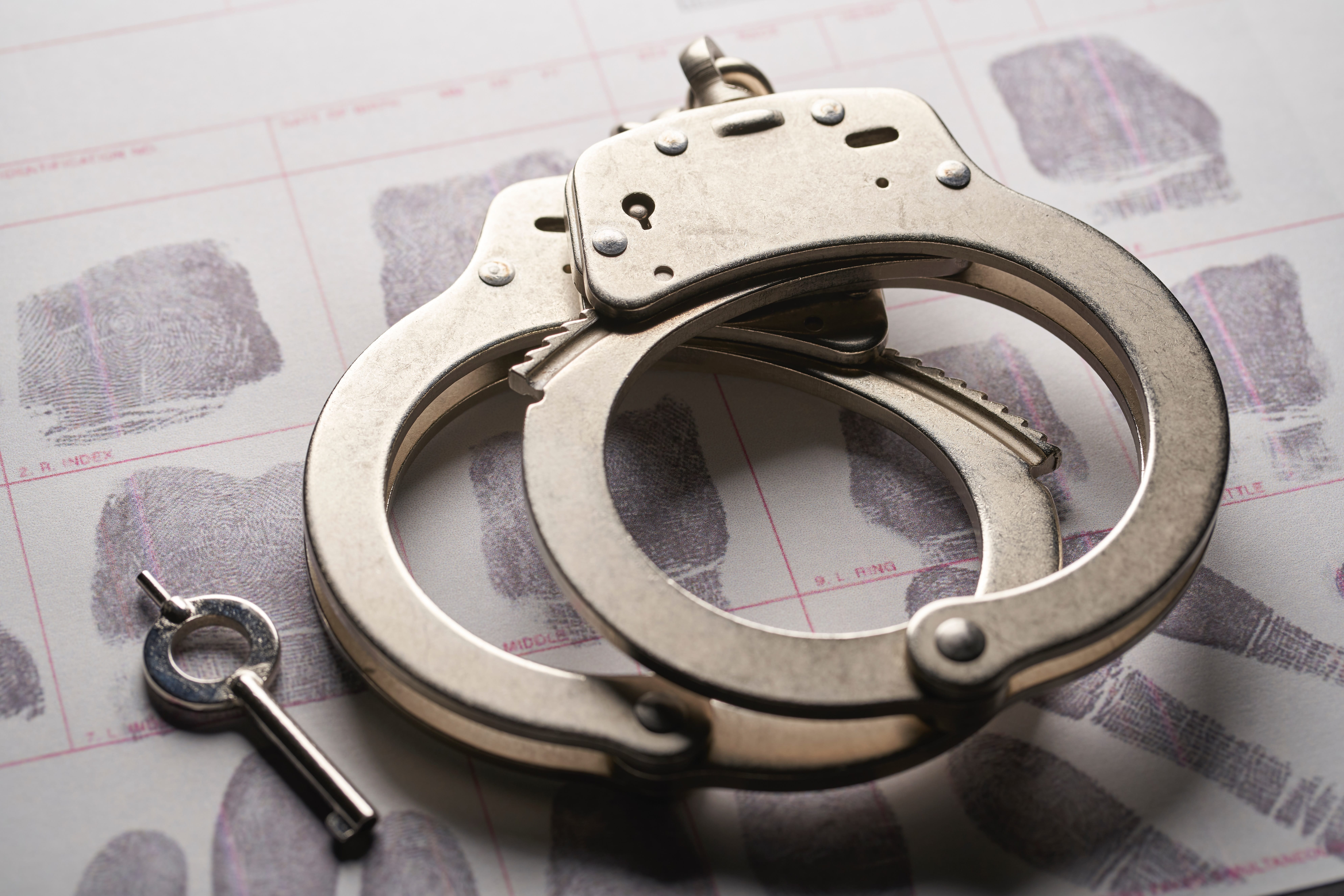The primary factors used to set bail are the defendant’s flight risk and whether they are a danger to the community.
For most criminal defendants, their experience with New Jersey’s criminal justice process begins with an arrest. Although an arrest is a very crucial step in this process and must adhere to strict legal protocols, it is often a messy and unpredictable event. Both arrestees and law enforcement officials have been known to get rough or violent during an arrest. If you or a loved one is facing arrest, it is important to understand just what happens.
After being arrested in New Jersey, the police will put you in handcuffs, put you in a squad car, and take you to the police station for booking. During this stage or after booking, you may be interrogated – but you should always ask for a New Jersey criminal defense lawyer. From there, a bail hearing will be held, and you should have a lawyer represent you to fight for pretrial release. Different rules and restrictions on police actions govern how these interactions will occur.
Getting Arrested in New Jersey with and without a Warrant
One of the most important checks on police power is the warrant requirement. The police cannot typically make an arrest unless a warrant authorizes them to do so. Even so, warrantless arrests can be made under certain circumstances, and these circumstances should be closely examined for procedural errors or abuses of power.
Arrests with a Warrant
An arrest warrant is written by the police and officially signed by a judge or magistrate. The warrant is based on probable cause that the suspect to be arrested likely committed a crime. Probable cause is more than just an officer’s word; it is a specific legal standard. Failure to demonstrate sufficient probable cause should result in a rejected arrest warrant.
Arrest warrants are often made in writing and in person, although warrants can also be requested and confirmed orally over the phone with a judge or magistrate. A written warrant must contain all the information that establishes probable cause. If the warrant is oral and over the phone, the officer must recite all this information to the judicial officer issuing the warrant. An orally approved warrant is more common in cases where time is limited and law enforcement needs to move quickly.
The judge/magistrate must be satisfied that probable cause exists before issuing the warrant. They may make this determination based on the totality of the circumstances. This means that probable cause can be established by a few big pieces of evidence or many smaller ones, depending on the nature of the case. If the warrant is issued, but you believe the probable cause was not sufficient, you can challenge the warrant, your arrest, and any evidence seized during the arrest.
Arrests without a Warrant
Warrantless arrests are not only possible but fairly common. Arrests often happen during emergencies or dangerous situations where the police might not have time to obtain a warrant. Executing an arrest without a warrant might be necessary to secure evidence that would otherwise be lost or to protect public safety.
Police officers are generally allowed to make a warrantless arrest when “exigent circumstances” exist. What an exigent circumstance looks like depends on the situation. For example, the police do not need a warrant if they witnessed the suspect commit the crime because that is considered an exigent circumstance. It would be dangerous to let the defendant go, find a judge, get a warrant, and go back to find the defendant again.
If a defendant is arrested without a warrant, they should immediately discuss this matter with their attorney. While the officers involved might have made the arrest in good faith, they might have made legal mistakes that could invalidate the arrest.
Interrogations After Getting Arrested in New Jersey
Once arrested, a defendant may be interrogated by the police. Interrogation consists of questioning by the police, usually about the crime for which you were arrested. Although, interrogation may consist of questions about other matters, such as separate alleged crimes. Simple questions about your identity, where you live, or where you work are usually not considered part of an interrogation.

Before a defendant is interrogated while in custody, they must be read their Miranda rights. Miranda rights include the various rights and protections afforded to suspects and defendants. Most people have probably heard these rights recited on television or in movies. The rights to remain silent and to have an attorney present are included in your Miranda rights.
If the police fail to read a defendant their Miranda rights before a custodial interrogation, the interrogation is unlawful, and any incriminating information obtained must be suppressed. When the police read the defendant their Miranda rights, the defendant should invoke their rights to have an attorney present and remain silent. They should then contact their attorney immediately.
Charges and Bail After Being Arrested in New Jersey
After you are arrested, the police will speak with prosecutors about assessing criminal charges. Depending on what kind of information and evidence the police have obtained thus far, you could be charged or released. If prosecutors decide to press charges, your bail must be set.
Bail includes various terms and conditions attached to your pre-trial release. New Jersey has enacted bail reform laws that largely eliminated cash bail. However, cash bail can still be imposed in limited and often serious cases. Bail terms are determined by examining different factors of the defendant.
The primary factors used to set bail are the defendant’s flight risk and whether they are a danger to the community. Bail may also be influenced by a defendant’s age, criminal history, and propensity for violence as well as the general nature of their current offense. Various terms and conditions tailored to the individual defendant may be attached to their bail. If they violate these terms, they can be arrested again, brought back to court, and have their bail reevaluated or revoked.
Hiring a Lawyer After Getting Arrested in New Jersey
After being arrested in New Jersey, the best thing you can do to protect your rights is to contact an attorney as soon as you possibly can. It can be difficult to tell an officer no when they ask you incriminating questions. A Haddonfield criminal lawyer can stand by your side and help you assert your rights. An attorney can also begin helping to plan for upcoming hearings like your bail hearing and arraignment.


Join the conversation!